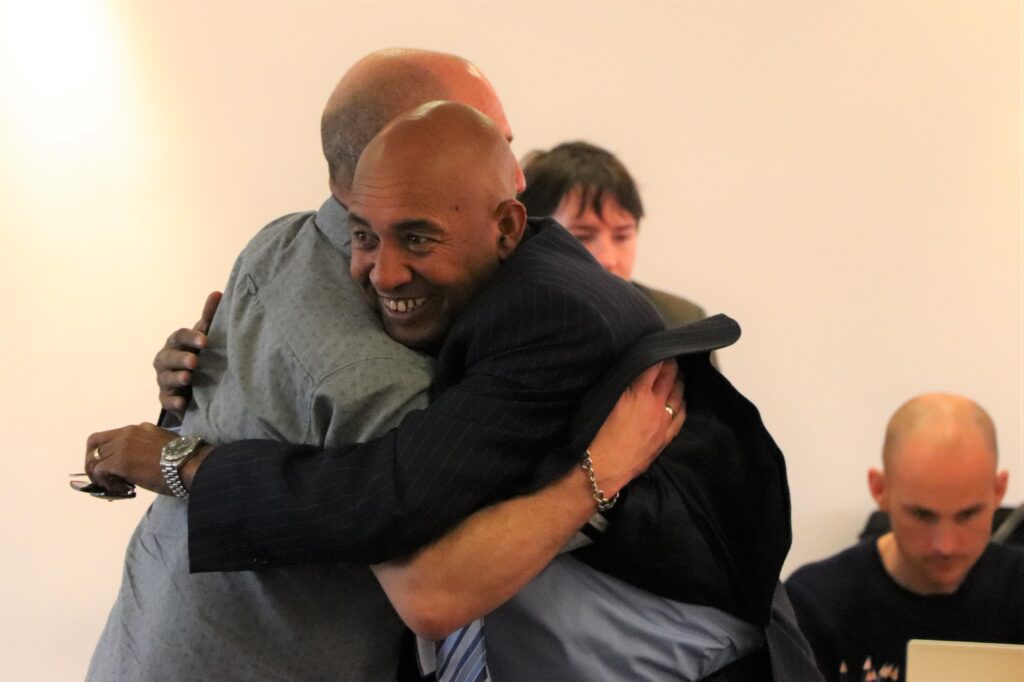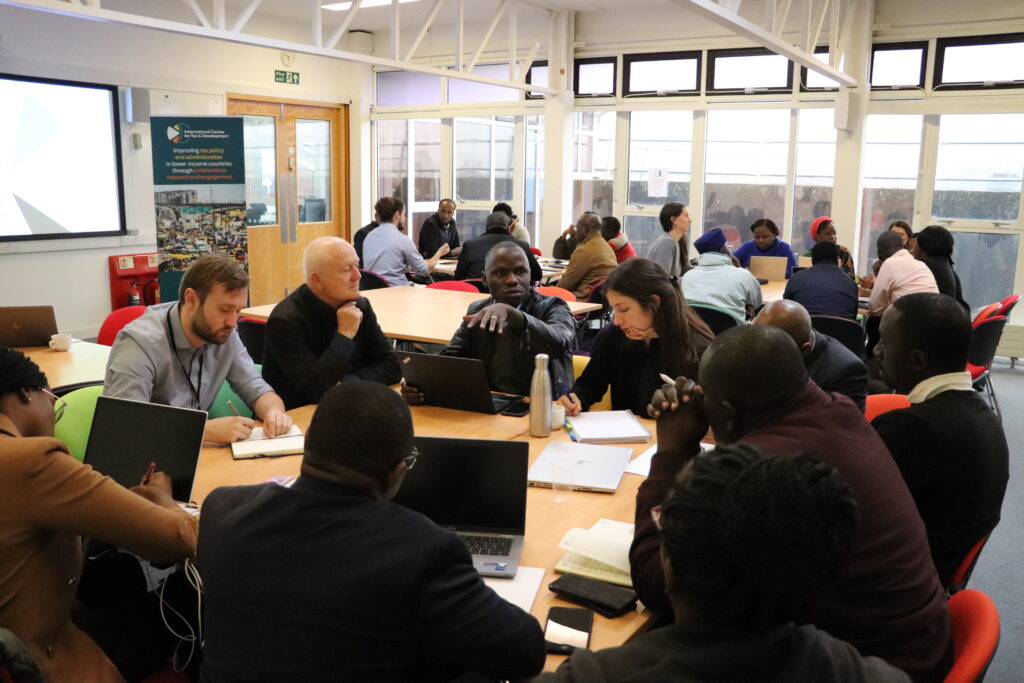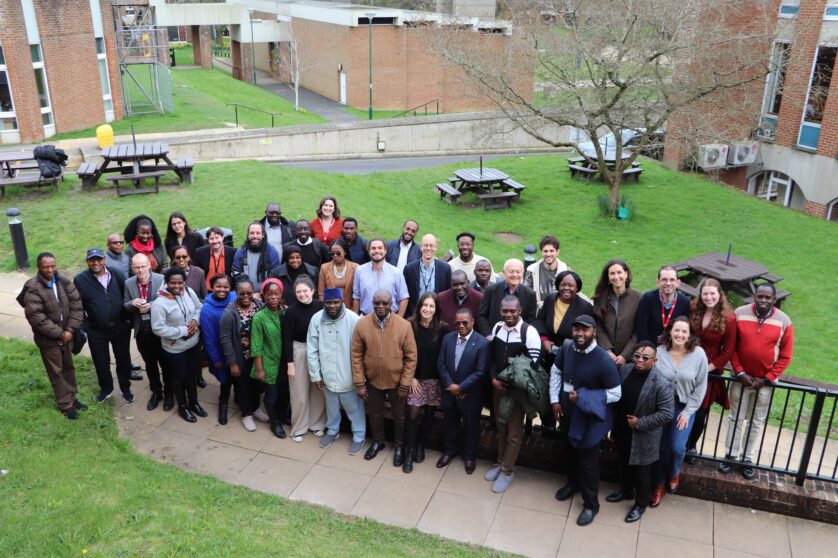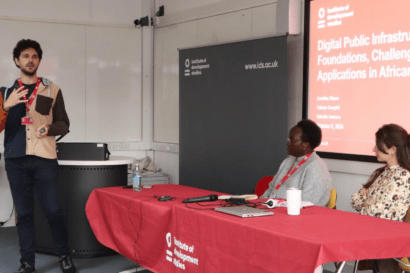The ICTD hosted a four-day workshop which brought together a group of partners from the research departments of the tax administrations of Uganda, Rwanda, Eswatini, Ethiopia, Nigeria, Ghana, and Kenya.
Held at the ICTD’s institutional base at the Institute of Development Studies (IDS) from March 27-30th, the event served as an opportunity for officials to reflect on the scope, challenges and opportunities for conducting research within revenue authorities in Africa.
ICTD Research Co-Director Dr Giulia Mascagni said “With the increased availability of digitized data, African revenue authorities and their research departments have been at the forefront of a revolution in data-driven evidence. It’s been a pleasure to welcome our partners to IDS this week to share experiences and insights on how to continue making progress on evidence-based decision-making, which can ultimately make tax systems more effective and equitable.”
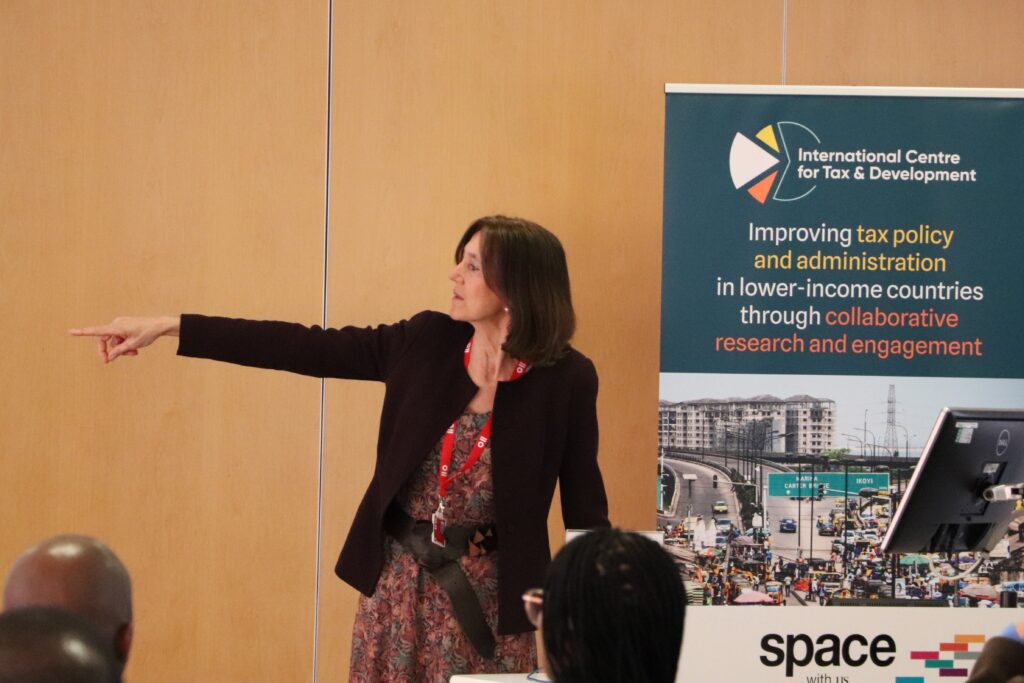
A major focus of the event was on peer learning, with sessions facilitating the exchange of experiences and lessons, and presentation of case studies and success stories. The event coordinators also organised bilateral group meetings between partners and various ICTD researchers to work on new and existing research opportunities and collaborations.
Workshop topics and highlights
On the first day, Dr Giulia Mascagni facilitated a session titled “The Role of Research in Tax Administration – Challenges, Opportunities, and Impact Stories.” The session featured presentations from several researchers based in tax administrations who shared their experiences of conducting research in different contexts and the challenges they faced along the way.
The presentations highlighted the diverse range of research topics being investigated by the revenue authorities, including tax compliance, tax incentives, data management, and digitalisation of tax administration. The speakers also emphasised the importance of collaboration between researchers and policymakers to ensure that research findings are translated into actionable policy recommendations.
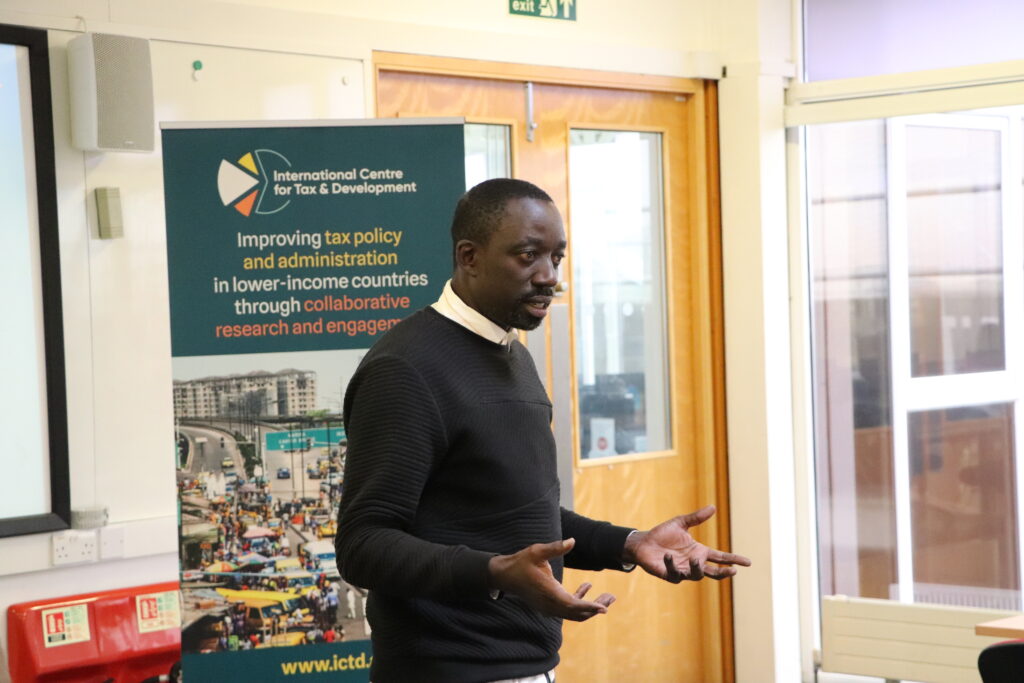
Following the presentations, attendees participated in breakout groups to discuss the challenges and opportunities associated with conducting research in tax administration. Some of the key themes that emerged included the need for better data and access to information, the importance of building relationships of trust with policymakers, and the need for greater collaboration and knowledge-sharing across disciplines and institutions.
A second session on “Thematic Research Priorities” featured brief presentations from researchers, providing attendees with a deeper understanding of research areas being investigated, including the taxation of multinational corporations and high net worth individuals.
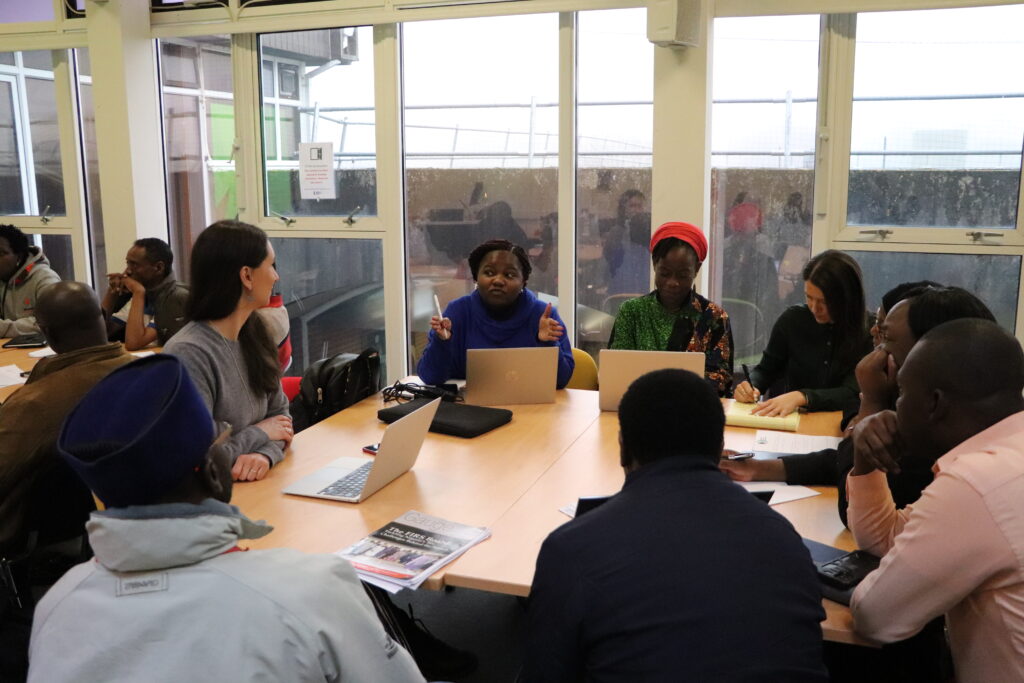
The day ended with a welcome function, providing attendees with an opportunity to network and connect with colleagues from around the world.
The second day focused on the presentation of two new ICTD programmes: the Local Governance Research Initiative (LoGRI) and the Climate & Environmental Tax research theme. The presenters discussed the work taking place in these areas before attendees broke into groups to discuss the issues and opportunities associated with conducting research in these areas.
Further sessions focused on taxpayer registration, led by ICTD Research Fellows Max Gallien and Giovanni Occhiali, the taxation of high net worth individuals, led by Occhiali and Jalia Kangave, and on the VAT in theory and in practice, led by Mascagni.
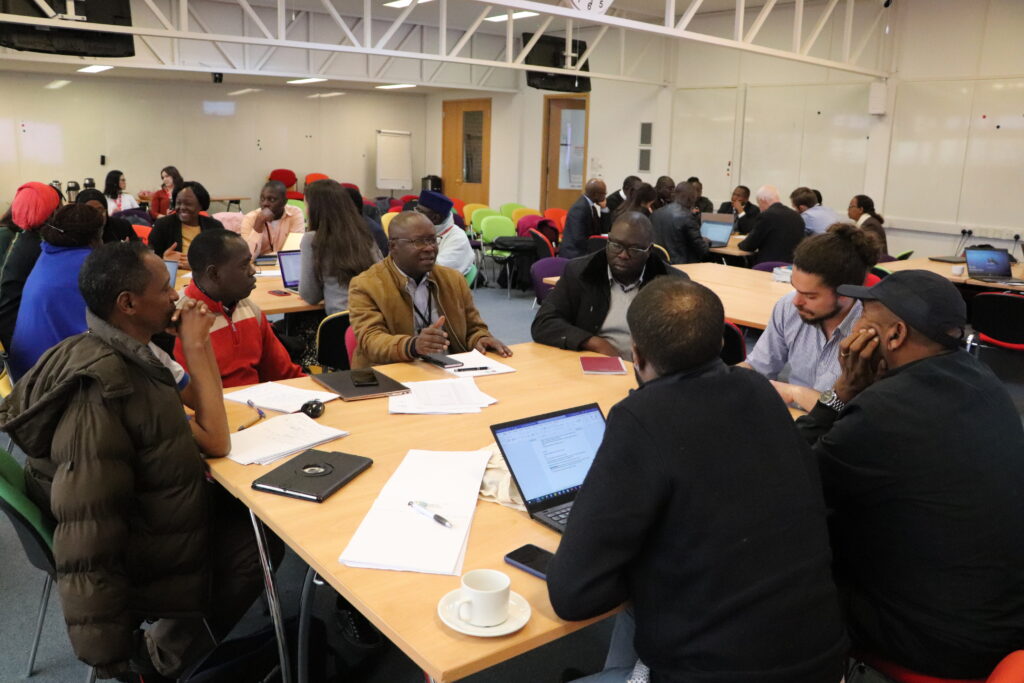
Seminar on the Realities of Evidence-Based Policymaking
The ICTD also hosted a seminar titled “The Realities of Evidence-Based Policymaking in Low-Income Countries”, which took place in front of a wider IDS audience and investigated what role research plays in informing and framing policy reform. Led by IDS discussant Miguel Loureiro and chaired by Giulia Mascagni, tax officials from Rwanda, Eswatini, Kenya, and Ethiopia shared their observations on the challenges and opportunities for research to shape tax policy and administrative reform. They discussed how research influences decision-making in their settings, and strategies for increasing the uptake of research by policymakers.
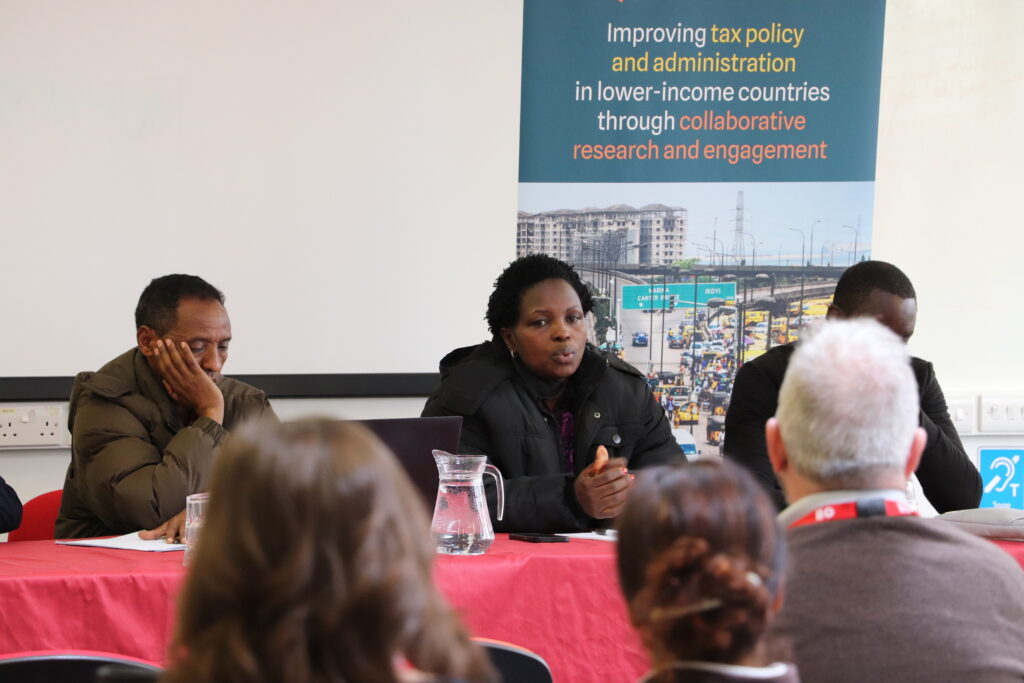
Facilitating Learning and Exchange
The workshop was well received by participants, who noted via an anonymous survey, that:
“The ability to bring duty bearers in revenue administrations together was a powerful aspect of the conference.”
“The openness in interactions made it less of a classroom but a conversation, resulting in practical learnings and experiences that can be applied.”
“The sharing of research findings and experiences among different countries was invaluable for networking and learning from other authorities.”
